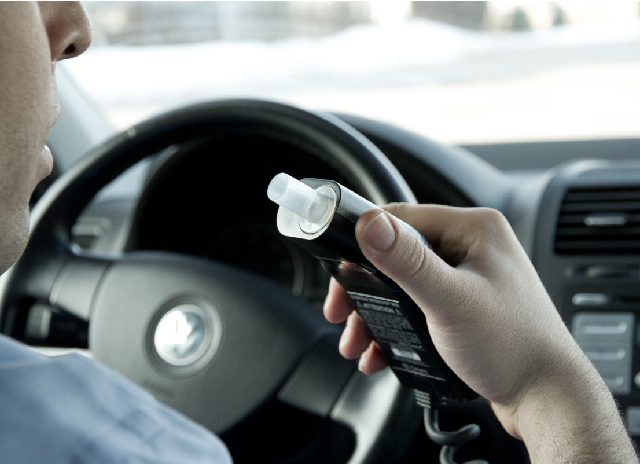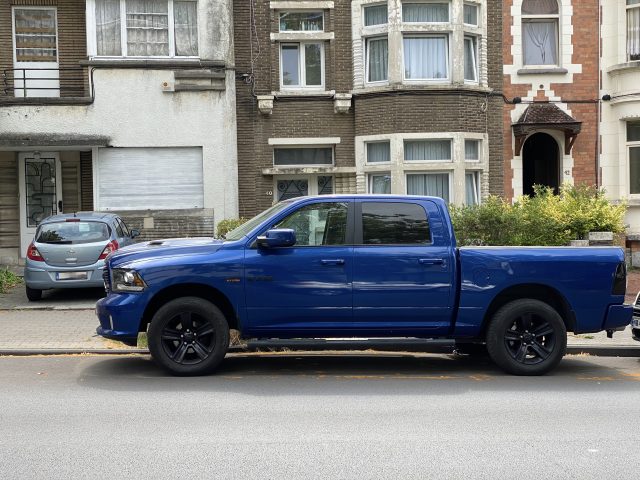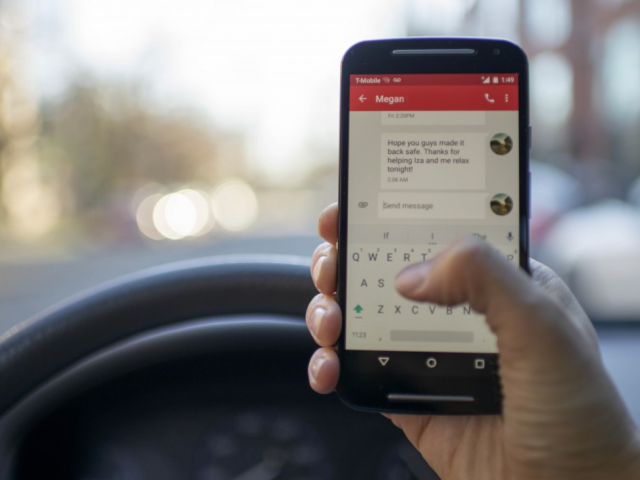Motonormativity: Risks associated with cars more accepted say researchers
A new study from UK researchers shows that people have a shared ‘blind spot’ that can make them use different moral and ethical standards when they think about driving cars, compared to other areas of life.
The researchers from Swansea University and the University of the West of England commissioned an independent polling organisation to ask 2,157 people across the UK a series of questions. Randomly, each person got a set of questions that asked about driving cars or an identical set of questions with one or two words changed so that they asked about the same underlying principles, but didn’t mention driving.
The results showed that people could go from agreeing with an idea to disagreeing with it simply based on whether it was framed as a driving issue or not. For example, 75% of the UK public agreed ‘People shouldn’t smoke in highly populated areas where other people have to breathe in the cigarette fumes’ but only 17% agreed when two words were changed so that the statement was ‘People shouldn’t drive in highly populated areas where other people have to breathe in the car fumes’.
A particular reason this matters, say the team, is that it’s not just the general public who have unconscious biases around motoring – it’s also politicians and members of the medical profession who influence public health. When a policymaker automatically assumes that traveling from one place to another is going to involve driving, they might harm public health by trying to make driving easier. In this case, their blind spot might create policies that increase air pollution and make travel more difficult and dangerous for all the people who move by other means – or who might like to.
In their paper ‘Motonormativity: How social norms hide a major public health hazard’, the team say that we are all surrounded by environments that promote motor travel and systematically downplay the negative consequences. These environments range from crossings that make pedestrians wait for permission to cross the road while drivers automatically get a green light, to advertising and media that normalise and excuse antisocial and dangerous driving.
The study is to be published in International Journal of Environment and Health. A preprint of the study is available at PsyArXiv.








